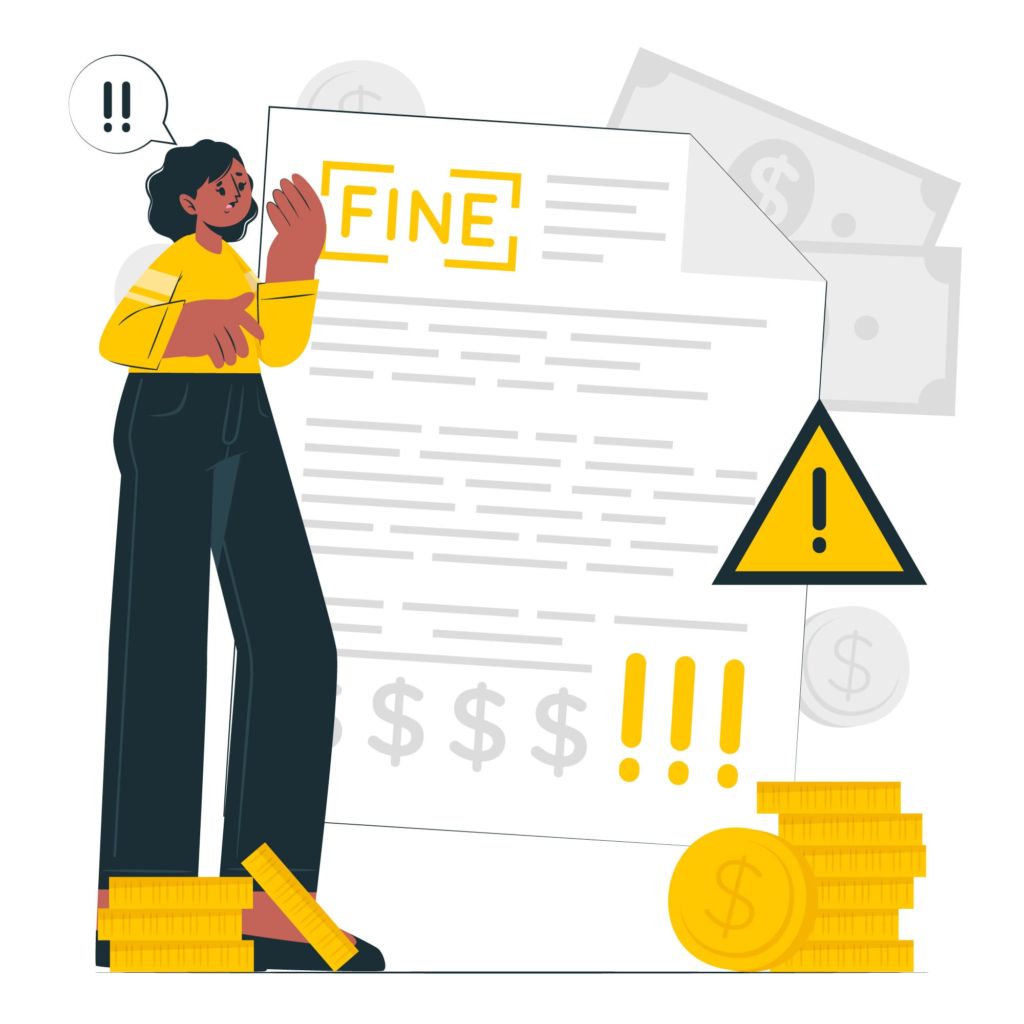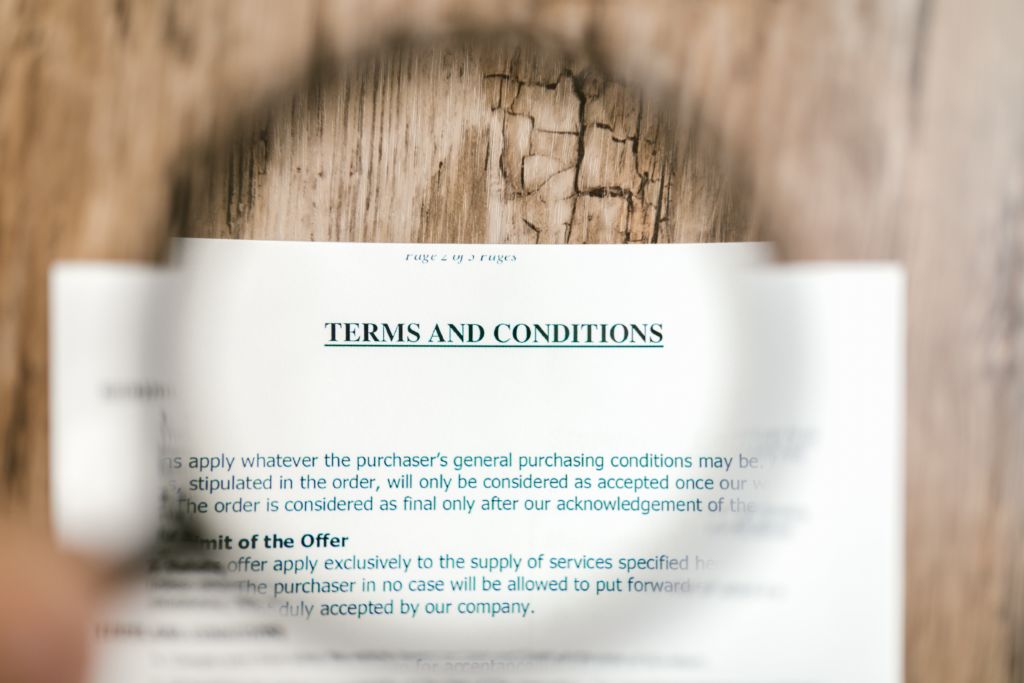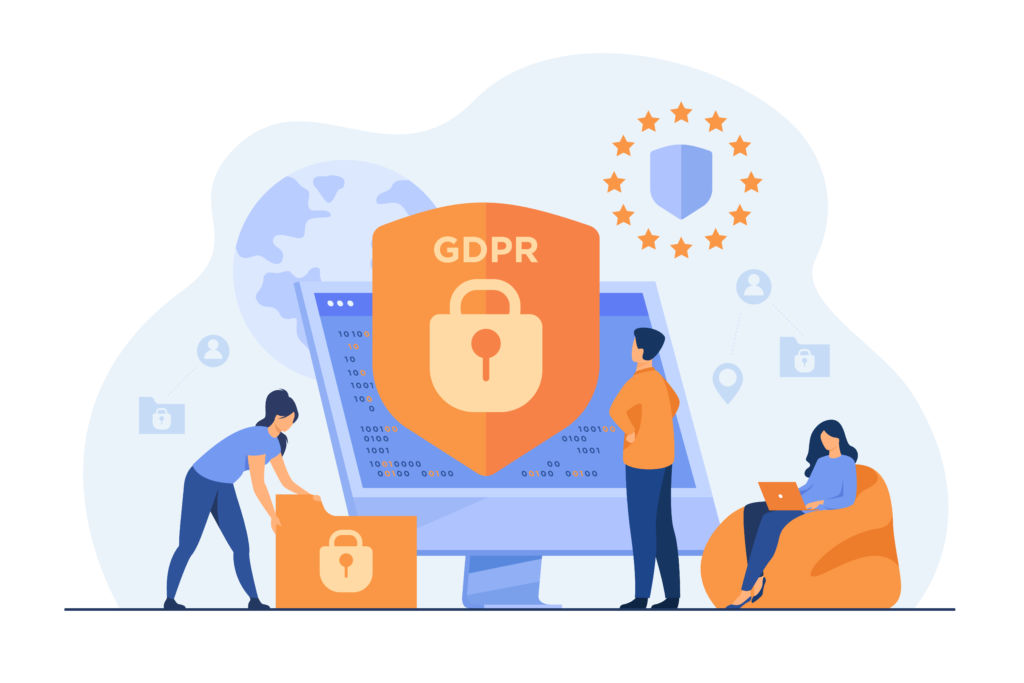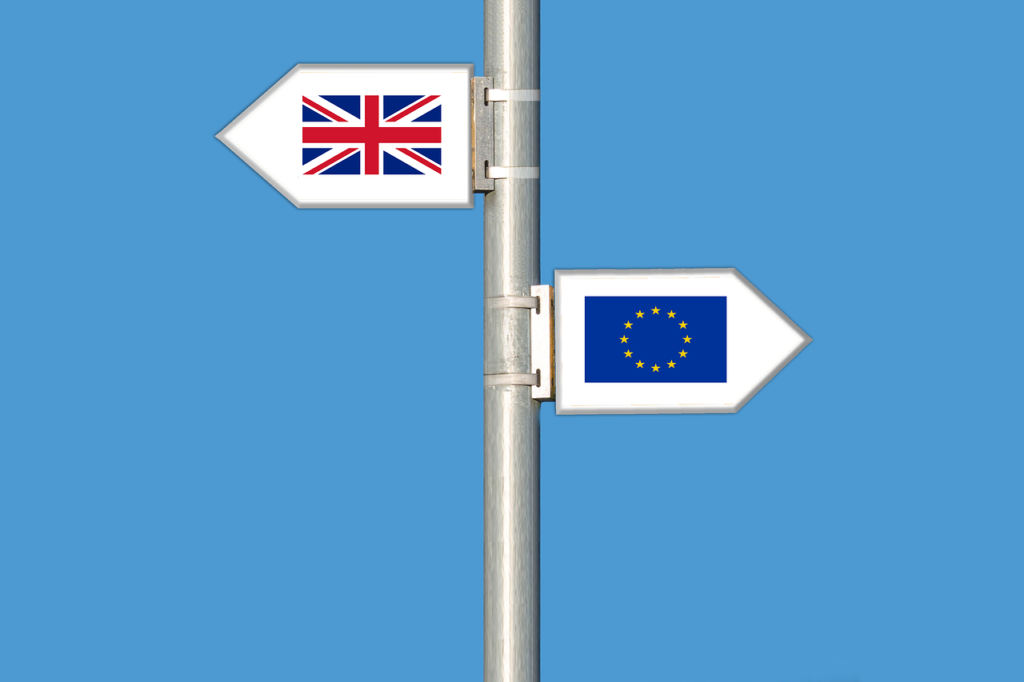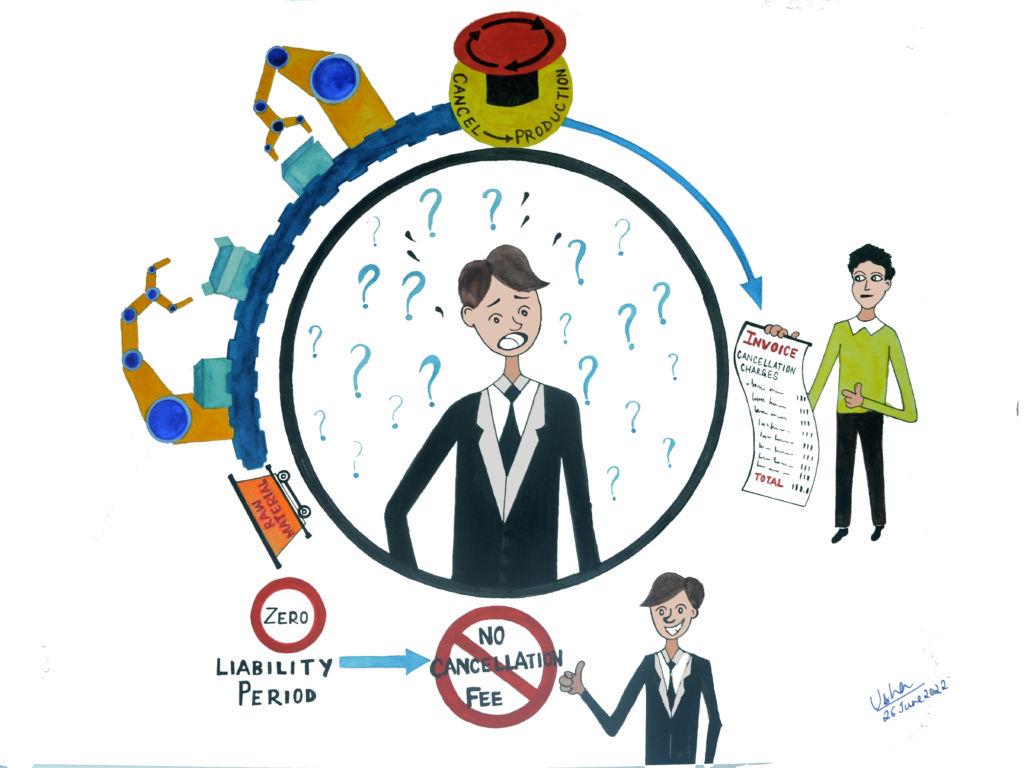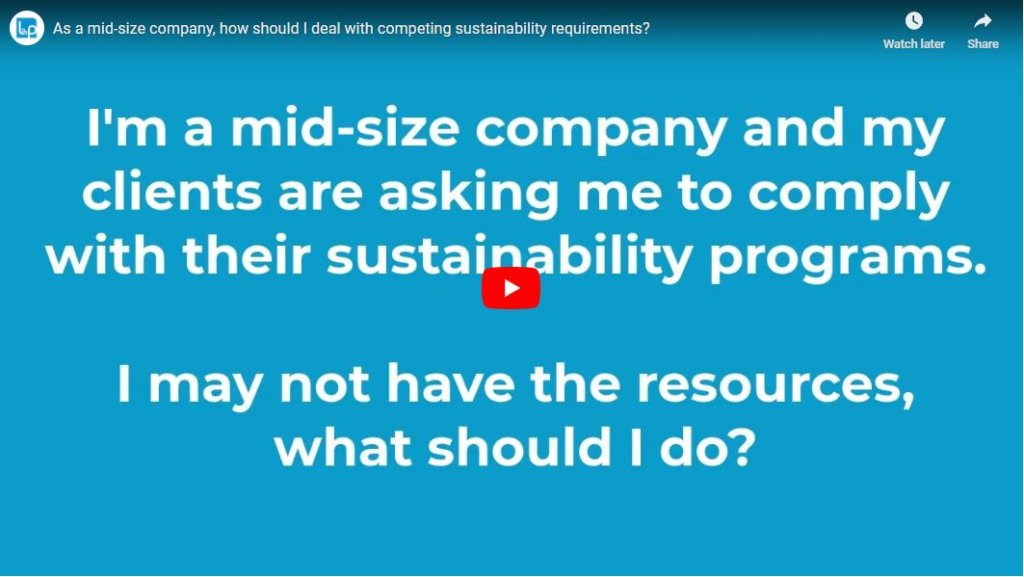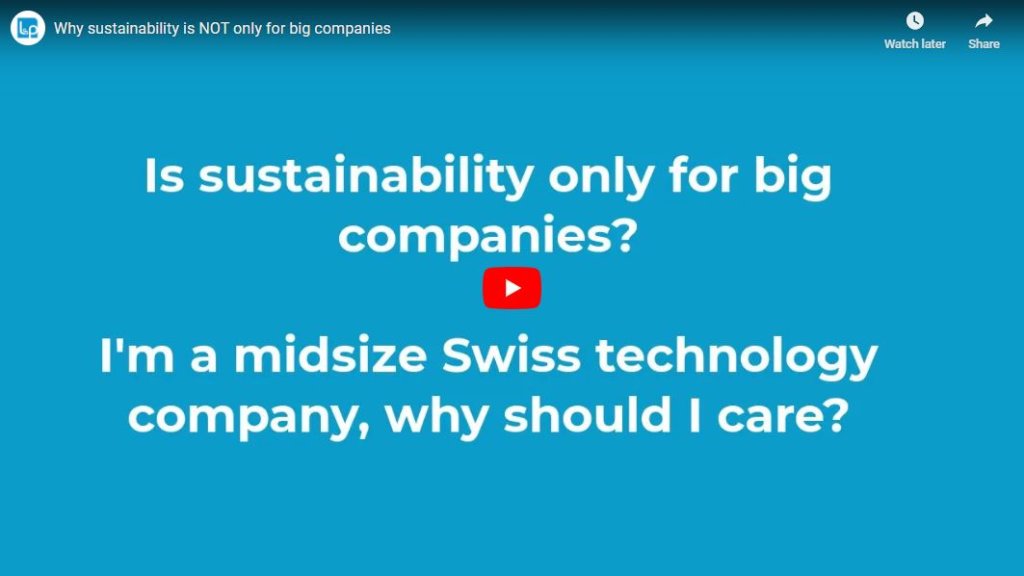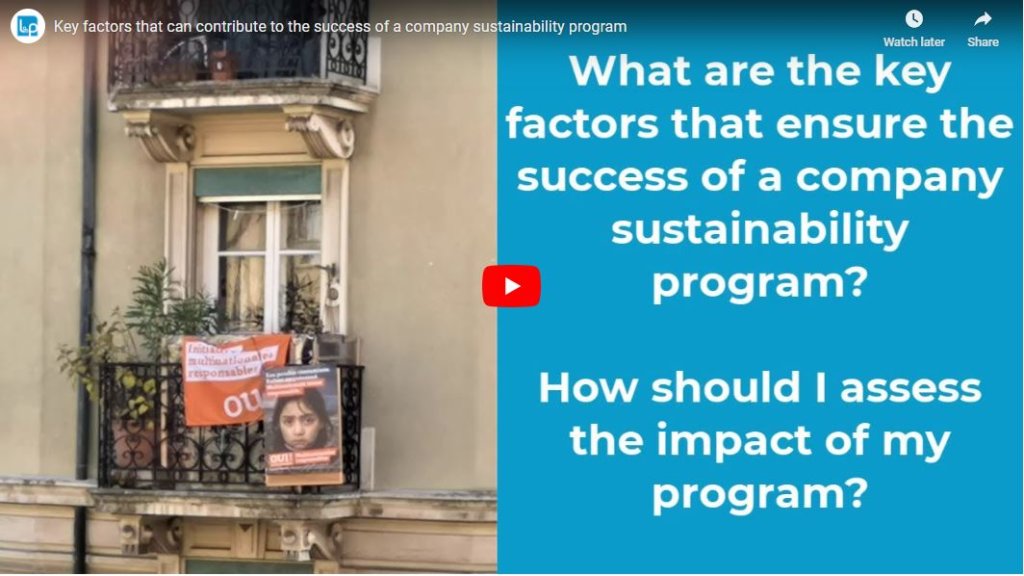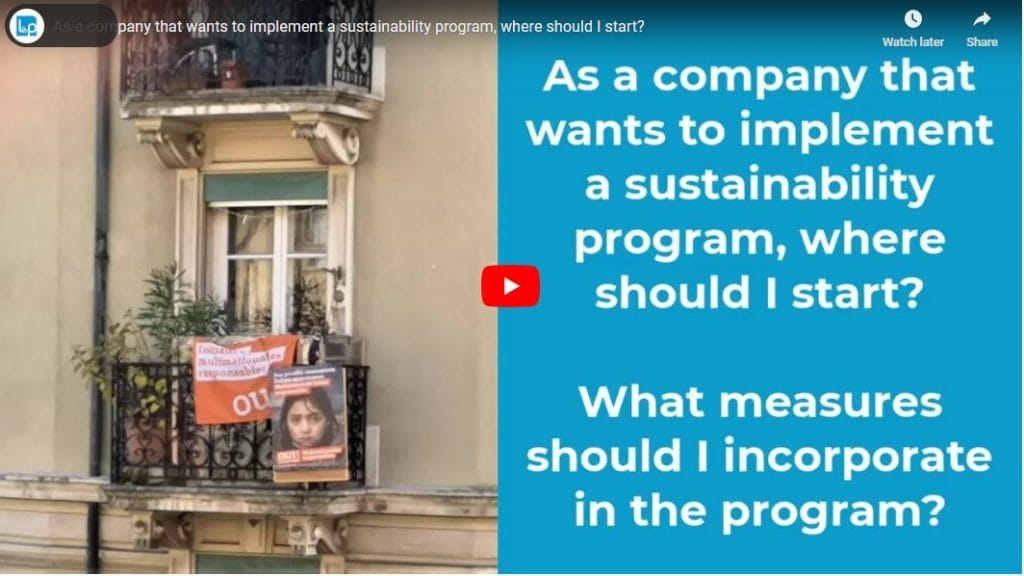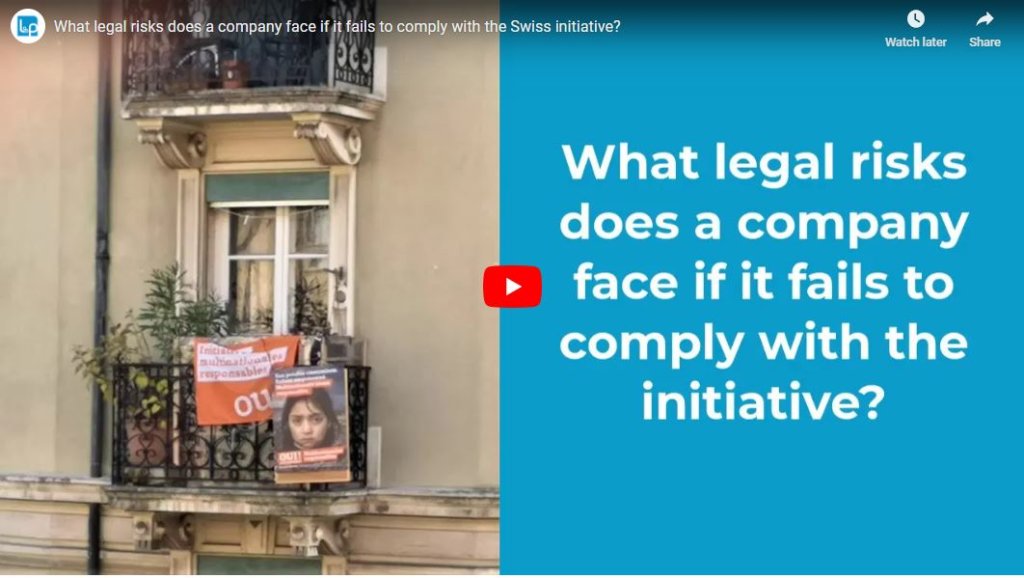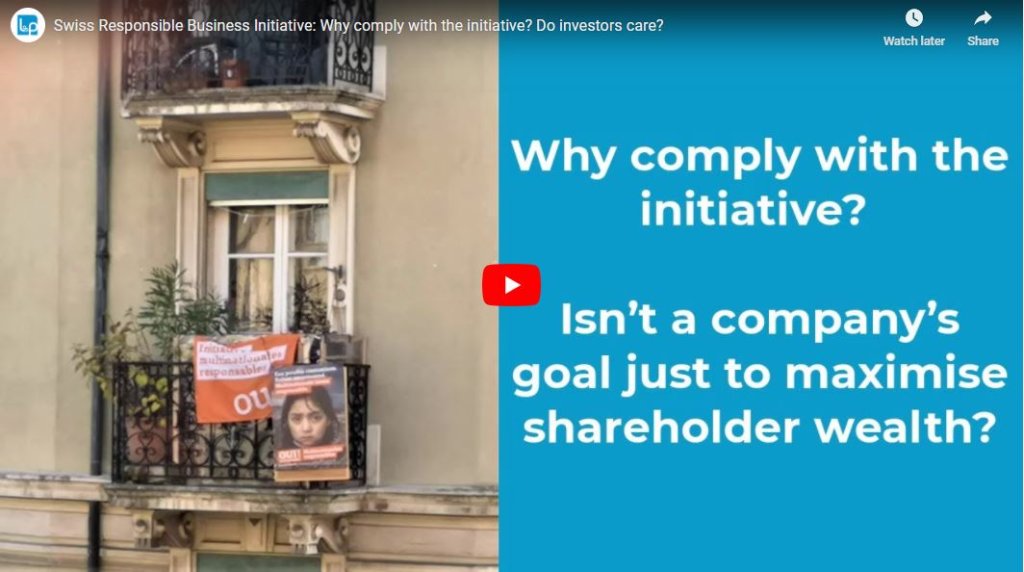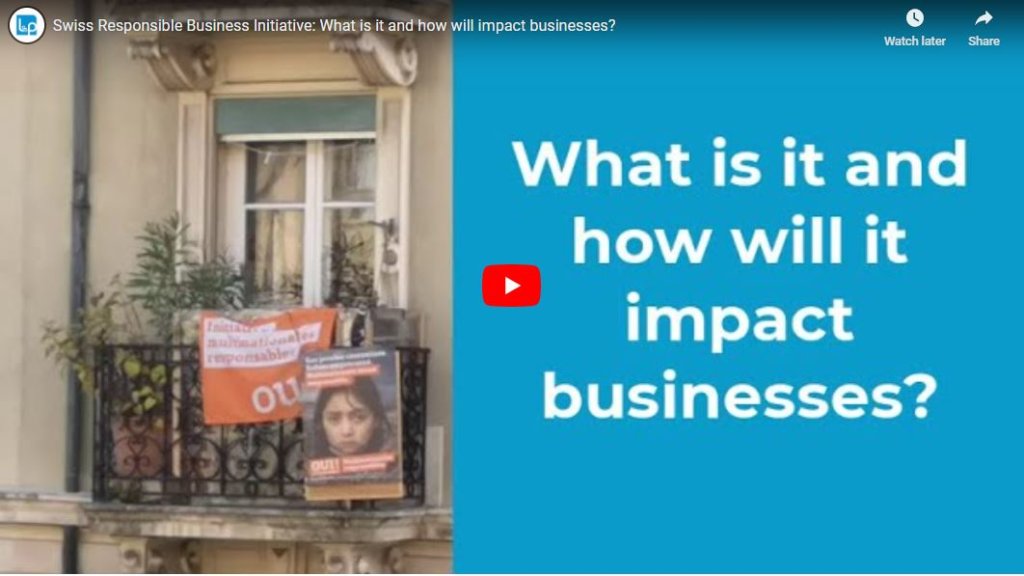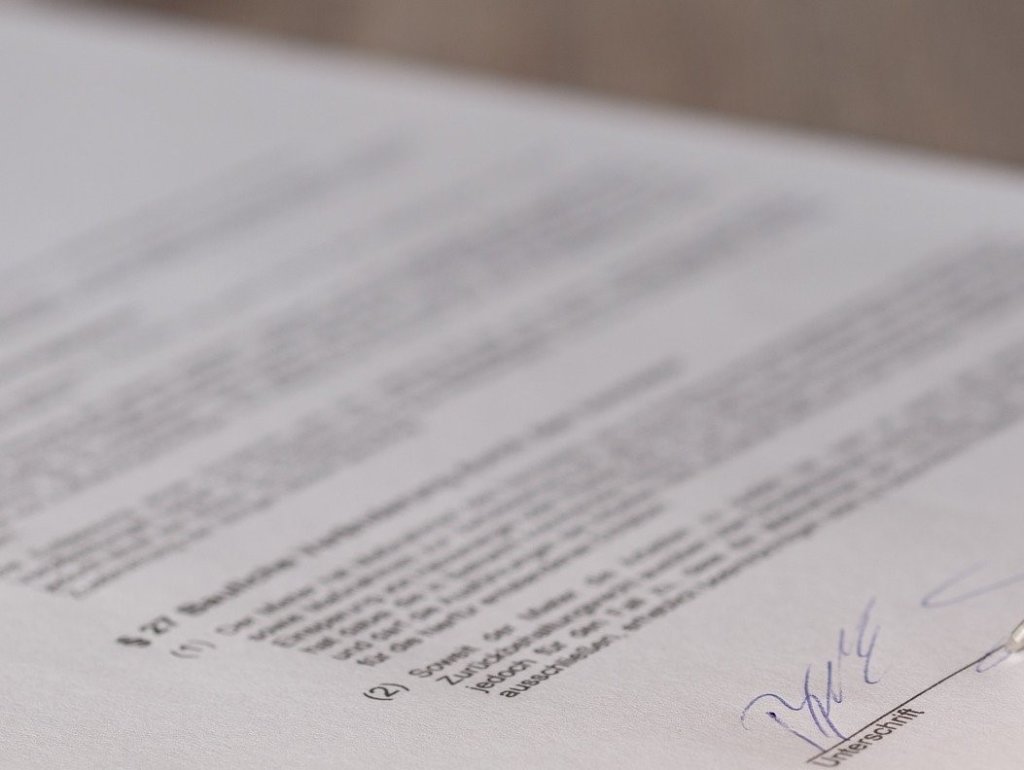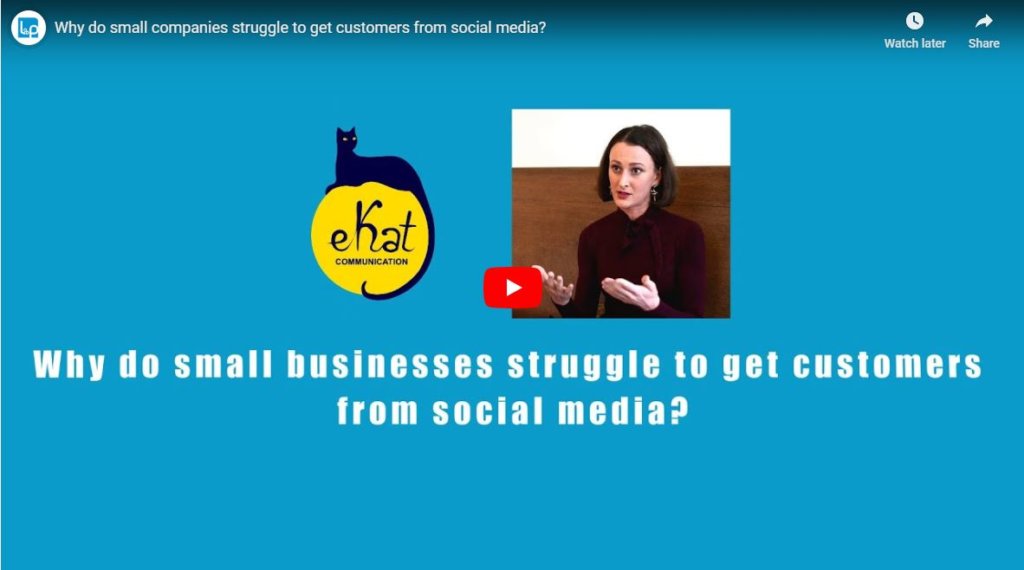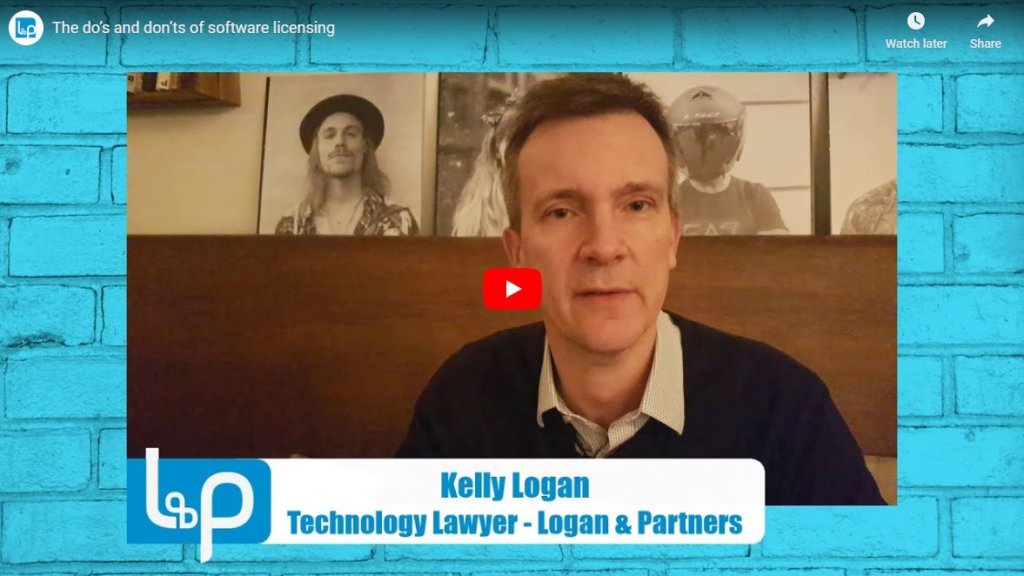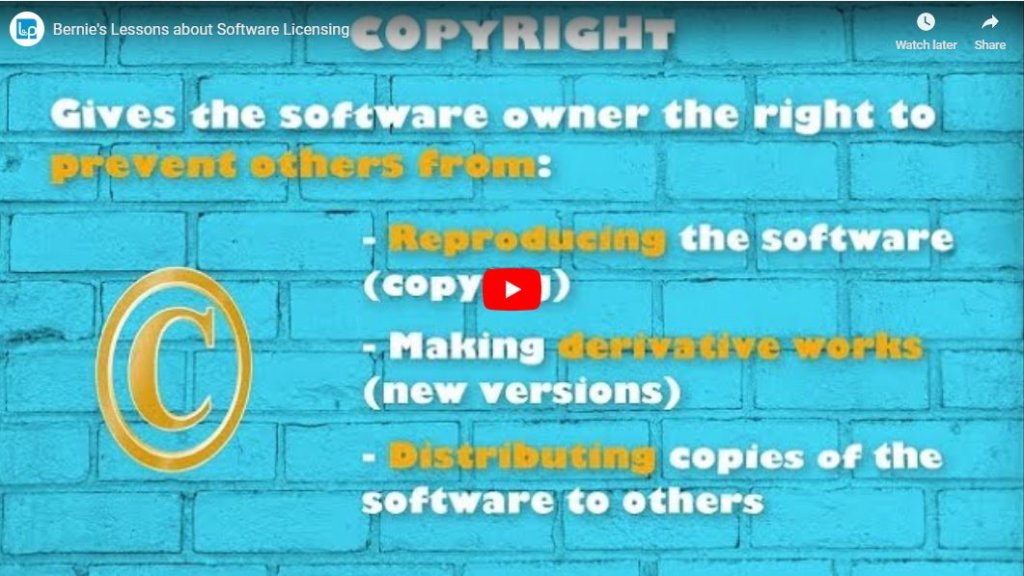- All
- anna
- Bernie Amarillo
- Commercial Contracts
- Data Protection - GDPR
- Data Protecton
- E-commerce
- Entrepreneurs
- Finding company information
- Intellectual Property
- Legal Training
- Other
- Software
- Supply Chain
- Sustainability
Data Protection Officers vs. Representatives: A Comparative Analysis under GDPR, UK GDPR, and the New Swiss Data Protection Act
The roles of Data Protection Officers (DPOs) and representatives stand as critical figures, ensuring businesses navigate the complex seas of compliance. Yet, there often exists a cloud of ambiguity around their distinct functions, responsibilities, and the nuances that set them apart.
Fines and Penalties for Non-Compliance: DSA, GDPR, and CRD
In the digital age, regulations and directives have been established to protect consumers and ensure a level playing field for businesses. Three significant pieces of legislation in this realm are the Digital Services Act (DSA), the General Data Protection Regulation (GDPR), and the Consumer Rights Directive (CRD). This article provides a brief overview of each and outlines the fines and penalties associated with non-compliance.
Making Sense of the Digital Services Act (DSA): Why and When Your Online Business Needs a Legal Representative
The European Union’s Digital Services Act (DSA) has ushered in a set of regulations to govern online services. For businesses operating beyond the EU but catering to its customers, a new rule mandates the appointment of a “legal representative”. In simple terms, this article breaks down why this requirement matters and how it helps your business follow the DSA.
Black Friday and Online Deals Do’s and Don’ts for Online Business under EU law
As Black Friday, Cyber Monday, and Christmas deals approach, online businesses operating in the European Union (EU) need to be mindful of the regulations governing promotions and sales. Reports of shopping scams and strict penalties for misleading practices emphasize the need for online retailers to align their promotional strategies with both legal and consumer expectations.
HR Data Privacy and Protection in Switzerland
With the recent enactment of the new Swiss Data Protection Act (Swiss DPA), which came into effect on September 1, 2023, HR departments in Switzerland are facing a shift in handling employee data. This updated legislation, aligning more closely with the EU’s GDPR, imposes stricter controls and heightened responsibilities on data processors and controllers, including those in HR roles. This article dissects the critical elements of the Swiss DPA, focusing on its impact on HR data privacy and protection practices, and provides actionable recommendations for HR professionals to comply with data privacy and protection standards.
Understanding Lotteries, Competitions, and Prize Draws in the UK: Legal Framework
In the United Kingdom, promotional activities like lotteries, competitions, and prize draws are common marketing tools used by businesses to attract customers. However, these activities are governed by specific laws and regulations to ensure fairness and transparency. Understanding the differences between these promotions and the relevant legal framework is crucial for business.
Key Legal Issues in Software Escrow Agreements: A Guide for Licensors and Licensees
Software escrow is a mechanism through which a software’s source code is deposited with a neutral third-party escrow agent. This is commonly used in licensing arrangements where the licensee wants to ensure they can maintain and operate the software if the licensor becomes unable or unwilling to provide ongoing support or maintenance. The escrow agreement sets out the conditions under which the source code will be released to the licensee.
Understanding the Implications of the New UK’s Online Safety Act
In the ever-evolving digital landscape, where the complexities of internet use have never been greater, the introduction of the Online Safety Act marks a milestone in the regulation of online conduct and the protection of users in the United Kingdom (UK). This article aims to provide a overview of the Online Safety Act, its key provisions, and the implications for affected businesses.
Key Elements of AI-Related Contracts in the Wake of Emerging Regulations
As Artificial Intelligence (AI) cements its role as a cornerstone of innovation across various sectors, the legal frameworks governing its use are rapidly evolving. The landscape is abuzz with legislative developments, such as the proposed AI Act by the European Union and the Biden administration executive order on AI. As lawmakers and industry leaders shape new AI regulations and ethical guidelines, the complexity of AI-related contracts is on the rise. In this article, we’ll explore the key elements that your AI-related contracts should include to be as robust as they are compliant.
SOFTWARE AS A SERVICE (SAAS) VS SOFTWARE LICENSING
Software as a Service (SaaS) agreements and software license agreements are both legal contracts that govern the use of software, but they have distinct differences in terms of their scope, terms, and how software is provided to users. Here are the main differences between these two types of agreements.
E-Commerce Laws in the EU: A Guide for US Companies
The European Union (EU) is a lucrative market for many US-based e-commerce companies. However, selling to consumers in the EU requires compliance with a myriad of regulations and directives. This article highlights the most important e-commerce laws that US companies must be aware of when selling to European consumers.
Limiting Software Reselling: Geography, Field of Use, and Beyond
When offering their software, vendors often seek to establish partnerships to extend their reach, tap into new markets, and leverage the strengths of other organizations in different territories or markets. Yet, while these partnerships can be mutually beneficial, vendors may wish to limit the scope of their software reselling for various reasons. These reasons can range from avoiding market saturation to ensuring the proper representation of their brand in specific territories.
Consumer Rights for Online Returns: Switzerland vs. the United Kingdom
Online shopping has become a staple of modern commerce, and with it comes the necessity for clear consumer protection laws. Here’s a comparison of the rights of consumers in Switzerland and the United Kingdom (UK) when it comes to returning goods purchased online.
Generative AI: Opportunities, Threats, and Legal Considerations
In the bustling streets of European cities, behind the screens of tech hubs in Berlin, Paris, and Stockholm, a new technological marvel is taking shape: Generative AI. As businesses across the continent explore the vast potential of this technology, understanding its legal implications is a must. What is special about Generative AI? What legal concerns does it bring? Let’s explore this transformative technology and its implications in the European landscape.
Navigating the EU’s Digital Services Act (DSA): A Guide for US Companies
The way businesses connect with customers has changed a lot in the digital age, offering new opportunities but also presenting new risks. To address this evolving landscape, the European Union (EU) has introduced the Digital Services Act (DSA), a pioneering regulatory framework aimed at governing digital platforms and services while establishing new rules to regulate these service providers.
Retargeting in Personalised Ads: Balancing E-commerce Strategies with Data Protection
In the digital space, e-commerce platforms are leveraging personalised advertising to enhance customer experiences and boost sales. Retargeting, a form of personalised advertising, has become a game changer, enabling businesses to re-engage potential customers by displaying ads based on their previous online activities. While this approach can significantly uplift conversion rates, it also entails critical considerations regarding data protection and privacy compliance, notably in the light of the General Data Protection Regulation (GDPR).
GDPR, e-Commerce, and Collective Actions in 2023
The year 2023 has marked a significant uptick in GDPR fines, making it the year with the highest penalties for data protection violations. While the world is abuzz with high-profile GDPR fines against tech giants like Meta and Google, it’s crucial to understand that smaller companies are also under regulatory scrutiny.
Online Marketplaces and the Digital Services Act: Understanding Trader Traceability
The European Union (EU) has taken a significant step forward in regulating online marketplaces with the new Digital Services Act, a pioneering piece of legislation that introduces various requirements for online platforms and other online service providers. One of the key provisions affecting online marketplaces is the “Traceability of Traders”, which aims to enhance transparency and accountability in the digital marketplace.
THE LEGAL IMPLICATIONS OF AI IN SOFTWARE DEVELOPMENT
In today’s evolving technological landscape, Artificial Intelligence (AI) stands out as a revolutionary force, reshaping industries and redefining the boundaries of what’s possible. For software companies, AI offers unprecedented opportunities for innovation. However, with these opportunities come intricate legal challenges that every software company must be prepared to navigate.
Open-Source Licenses: A Guide for Businesses
Within the world of open-source software, every line of code comes with its own set of rules. Whether you’re an innovative startup crafting the next big app or a seasoned enterprise integrating third-party solutions, understanding the nuances of open-source licenses is paramount. This article is here to help you understand the most popular licenses, their implications, and the practicalities that businesses often overlook. Navigate with confidence and chart a course to licensing clarity.
Digital Services Act (DSA) Compliance in Action: Insights from Leading Online Platforms
The European Union’s Digital Services Act (DSA) has ushered in a new era of online content regulation, aiming to create a more legally harmonized framework across the EU. It affects online intermediaries who offer their services (goods, content or services) on the European market, from e-commerce marketplaces and app stores to video-sharing platforms and search engines.
Mastering Email Marketing: Legal Compliance of Marketing Communications
Email marketing is a powerful business tool for connecting with audiences, boosting brand awareness, and driving sales. However, it’s crucial to assess and handle personal data protection issues carefully when using this strategy.
Mastering Cloud-Based Computing Service Contracts: Expert Tips
In the dynamic landscape of cloud-based computing services, organisations have come to rely on the flexibility and scalability offered by various models, such as Software as a Service (SaaS), Platform as a Service (PaaS), and Infrastructure as a Service (IaaS). However, alongside the advantages these services bring, negotiating contracts that accurately reflect the unique aspects of each model is crucial. This article delves into the differences between SaaS, PaaS, and IaaS, explores the challenges in contract negotiations, highlights essential contractual provisions, and provides practical tips to navigate these complexities effectively.
Navigating the EU’s Digital Services Act (DSA): A Guide for Swiss Companies
The way businesses work and connect with customers has changed a lot in the digital age. To adapt to this changing landscape, the European Union (EU) has introduced the Digital Services Act (DSA), a ground-breaking regulatory framework designed to govern digital platforms and services and established a new set of rules to regulate these service providers.
UK’s Digital Markets, Competition, and Consumers Bill: What Online Businesses Need to Know
As the digital landscape continues to evolve, the UK government is taking action to regulate digital markets and change its competition and consumer protection regimes. One example is the proposed Digital Markets, Competition and Consumers Bill (DMCC), which aims to significantly improve consumer protection, enhance the enforcement powers of the UK’s Competition and Market Authority (CMA) and introduce substantial penalties for non-compliance. In this article, we will explore the key objectives of the DMCC and its implications for online businesses.
Essential Guidelines for Businesses: Complying with UK Law for B2C Gift Cards
Gift cards have become a popular option for offering gifts and rewards in the Business-to-Consumers (B2C) domain. As a business operating in the UK, it is crucial to understand the legal rules surrounding gift cards to protect both your customers and your business. In this article, we will outline the key legal rules that gift card providers should be aware of and explain how you can comply with them.
Navigating Liability in IoT and Autonomous Vehicle Contracts: Practical Tips for Effective Risk Management
Revolutionary technologies such as the Internet of Things (IoT) and autonomous vehicles are reshaping industries worldwide. As these innovations advance, understanding and managing liability in contracts becomes paramount for all stakeholders involved. In this article, we provide practical tips to help businesses successfully navigate liability issues within IoT and autonomous vehicle commercial contracts.
Embracing Transparency: What Other Platforms Can Learn from WhatsApp’s Policy Change Commitments
Social media giant WhatsApp has made a significant commitment to improving transparency and user rights concerning changes to its terms of service. In response to a joint action led by the European Consumer Organisation (BEUC), Competition and Consumer Protection Commission (CCPC), the Swedish Consumer Agency, and the European Commission (EC), WhatsApp has agreed to implement measures that ensure users are well-informed about the impact of updates to its terms of service. In this article, we will describe WhatsApp’s commitments and the implications for users, as well as highlight how other online companies can learn from these developments.
Understanding End-User License Agreements (EULA): Why Your Software Needs One and Practical Business Insights
In today’s digital age, software has become an integral part of our personal and professional lives. Whether you’re a software developer or a user, you must understand the legal framework governing your software’s use. One crucial legal document that protects both creators and users is the End-User License Agreement (EULA). In this article, we will delve into what EULA is, why you need one, and provide practical business insights into drafting an effective EULA.
Enhancing Clarity in Online Transactions: Major Credit Card Companies Introduce Transparency Measures for Online Subscriptions
Recent findings from the CPC Network have brought to light worrisome practices regarding recurring subscription payments in the European Union (EU). These practices have led many customers to unwittingly sign up for unwanted subscriptions, thanks to deceptive techniques employed by online businesses (for more information, click here). It was discovered that 10% of EU consumers have fallen victim to such unwanted subscriptions in the past. In response, the European Commission, in collaboration with the CPC Network, worked with major card schemes like Mastercard, VISA, and American Express to introduce new rules that promote clarity and informed decision-making for consumers.
Ranking of search results: Do’s and Don’ts for Online Businesses under EU law
Online platforms have become the go-to destinations for individuals seeking information, products, and services. In this context, search result rankings have become an essential feature, enabling users to easily search for products or compare different options. Think of it as a virtual personal shopper, always at your service, showing results that are (supposedly) tailored to your preferences.
Navigating the EU ODR Platform: Essential Obligations for Online Businesses
As an online business operating within the European Union (EU), it is crucial to be aware of the legal obligations and mechanisms in place to ensure consumer protection and dispute resolution. The European Online Dispute Resolution (EU-ODR) platform is a vital component of this framework. In this article, we will explore the EU-ODR platform and the key obligations, providing valuable insights for online businesses in the EU.
Navigating the New Swiss Data Protection Act: A Checklist for Compliance and Key Differences from GDPR
Are you aware of the recent changes affecting Swiss data protection regulations? In this article, we explore the revised Swiss Federal Data Protection Act (revFADP), delve into the key changes and explain the main differences between the revFA and the GDPR. Mark your calendars, as the deadline for compliance is fast approaching, on September 1, 2023.
EU Commission publishes the first list of very large platforms to fall under the EU’s Digital Services Act (DSA) stricter regime
The European Commission has confirmed 19 online platforms and search engines identified as ‘very large online platforms’ (VLOPs) and ‘very large online search engines’ (VLOSEs) for the purposes of the EU’s Digital Services Act (DSA). Such companies must comply with the most stringent rules of the DSA.
Federal Council aims to regulate large communication platforms in Switzerland
The Federal Swiss Council has recently announced it is considering enacting new laws to regulate large platforms, including search engines (e.g. Google), social networking platforms (e.g. Facebook), multimedia platforms (e.g. YouTube) and microblogging services (e.g. Twitter), which could have far-reaching implications for the tech industry and digital communication. The move comes in response to growing concerns about the potential misuse of these platforms, particularly in terms of hate speech, fake news, and other harmful content.
What you should know: 5 steps you can take to avoid product liability in online marketplaces under US law
Do you know how to protect your business from liability for products sold by third-party sellers on your platform? Liability for online marketplace sales is a complex and evolving area of law, and it’s crucial for businesses to understand their legal obligations and take proactive steps to minimize their exposure to risk. In this article, we’ll outline five key steps that businesses should take to avoid liability for products sold by third-party sellers on online marketplaces under US law. Read on to learn more and protect your business.
Records of Processing Activities: A Key GDPR Compliance Requirement
The General Data Protection Regulation (GDPR) is a comprehensive data protection regulation implemented in the European Union (EU) in May 2018. It aims to protect the personal data of EU citizens and residents and ensure that businesses and organisations are held accountable for the way they collect, process, and store this data. It sets out strict requirements for data protection and privacy, and failure to comply can result in significant fines and other penalties – up to €20 million, or up to 4% of the annual global turnover of the preceding fiscal year, whichever is higher – a valid reason to check your data processing practices.
Understanding the Cooling-off Period in Switzerland: differences compared to the EU and the UK
If you are an entrepreneur offering online products to consumers based in Switzerland, or an e-commerce platform looking to expand in Switzerland, it is essential to figure out what the cooling-off period is and how it differs from other European countries. The “cooling-off period”, also known as …
For the wheel’s still in spin – the changing law on online marketplace liability for third-party products in the EU
One of the rapidly changing areas in eCommerce law is the liability of online marketplaces for 3rd party products sold online. A recent ground-breaking decision by the Court of Justice of the European Union (CJEU) in December last year may shift the current understanding of online marketplace liability when dealing with intellectual property rights infringement.
Online selling and the Platform to Business (P2B) Regulation
If you are a small business, online platforms such as Amazon or Alibaba have ushered in business opportunities beyond just a local brick and mortar presence. And with more purchases moving online, it’s an economic necessity. Yet, the power of these platforms over your connection to customers can make or break your business. For over two years now, the EU’s Platform to Business (P2B) regulation…
Lawful Personal Data Processing
The General Data Protection Regulation (GDPR) has been in place for several years, yet many businesses still struggle to understand whether they can process personal data. While the GDPR provides six lawful bases for data processing, there is a lack of understanding among businesses on which basis they can rely to process data. As a result, companies often add unnecessary consent requests to all their documents, which can cause confusion and frustration for their customers.
Checklist for getting your e-commerce business terms and conditions right
Terms and conditions (T&Cs) are the terms of the legal contract between your business and your customers for the supply of goods or services that sets out the rights and obligations of both parties. This contract governs the relationship with your clients and is essential when starting your online business.
Drafting Choice of Law Clauses for Commercial Contracts
Business parties typically have the freedom to decide the terms and conditions when writing international commercial contracts. The problem is that disputes arise more often than not, which can lead to litigation, arbitration or other forms of dispute resolution involving such agreements.
Gift card values and validity – what your business should know
If you’ve decided to offer gift cards on your website, you’re not alone. The gift card industry in Europe was valued at $140.1 billion in 2021 and is expected to grow fourfold by 2032, a 12.4% compound annual growth rate. Closed-loop gift cards, which are limited to purchasing good and services at the merchant listed on the card, are a terrific way to gain new business and increase sales. Open-loop gift cards offer…
What is a data processing agreement and when do you need one?
Data processing has become an integral part of business operations. With the increased use of cloud-based services and outsourcing, companies must understand the roles of data controllers and data processors and the legal agreement between them, known as a Data Processing Agreement (DPA).
Gift Cards Are Like Cash – But Customers Have a Right of Withdrawal
Gift cards are popular with consumers for many reasons. They are easy, last-minute gifts that let the recipient choose something they want. But imagine the following scenario: you order a gift card for your niece at her favourite store. You brag to your sister about it only to find out that the store was last year’s news. She’s moved on to the latest influencer-inspired trend. To be the cool Aunt, you want to return the gift card, so you can buy her one at her new favourite store. As you bought the card online in the EU, you have 14 days to change your mind. So, what do you need to know as a business about the right of withdrawal for gift cards?
EU’s Digital Services Act (DSA): the upcoming obligation to publish number of active recipients in the EU
The EU’s Digital Services Act (DSA) came into force on 16 November 2022. In our previous article on the topic, we introduced some of the key requirements of this new legislation affecting online service providers in the EU. While most of the DSA’s obligations will only start to apply from 17 February 2024, specific transparency obligations will already come into effect from 2023. In this article, we look at this upcoming DSA deadline and outline what it means for online businesses in the EU.
Cookie Consent Banner: are you force-feeding your users?
Earlier in our Data Protection Series, we shared some tips on how to obtain valid consent in accordance with the General Data Protection Regulation (GDPR). Today, we want to explore cookies consent banners in light of the latest Report issued by Cookie Banner Taskforce.
Strong Customer Authentication (SCA) rules: what is expected from e-commerce platforms?
One of the key provisions introduced by PSD2 was a set of security requirements for electronic payment processing, which includes the so-called “strong customer authentication” (SCA). SCA rules have a significant impact on the lives of online businesses and consumers.
Consent to personal data processing under the GDPR: what it is, why you need it and how to obtain it
Although the General Data Protection Regulation (GDPR) has been in place for over four years, some concepts and notions are still a topic of hot discussion and continue to confuse stakeholders. Earlier in our data protection series of articles, we addressed the European regulation of cross-border data transfers. In this article, we will shed some light on data controllers’ obligation to implement appropriate technical and organisational measures when processing personal data.
Key points to consider when drafting general terms and conditions of sale for your e-commerce business
One of the key documents for any online business is a good set of general terms and conditions of sale. These are the rules that apply to your agreement with your customers which will help them know where they stand and also protect your business.
What you need to know about the EU’s Proposed General Product Safety Regulation
When the current EU General Product Safety Directive was defined in 2001, e-commerce platforms were just emerging in the European Union (EU). Internet e-commerce was in its infancy, worth around €172 billion, of which 87% was B2B.
The key to outsourcing success: selecting the right partner
Choosing a good partner is crucial to the success of any outsourcing initiative. In some ways, it can be like a marriage. You look for a partner that complements you, that brings something different to the table, but who you can also trust and grow with. Planning and having a clear goal of what you want to achieve through that partnership is an important part of the process.
GDPR: benefits and compliance
Although the General Data Protection Regulation (GDPR) has been in place for over four years, some concepts and notions are still a topic of hot discussion and continue to confuse stakeholders. Earlier in our data protection series of articles, we addressed the European regulation of cross-border data transfers. In this article, we will shed some light on data controllers’ obligation to implement appropriate technical and organisational measures when processing personal data.
Black Friday Do’s and Don’ts for Online Businesses under EU law
Replacement of “Black Friday” with “Green Friday” (they say Green is the new Black), increase in reported shopping scams and high penalties for misleading practices are just some of the complaints and effects associated with certain Black Friday deals and other online sale campaigns.
Why now is an interesting time to think about outsourcing – and what you need to consider before you do
Today’s world is in flux. Employees have discovered the joys (and pains) of remote work. Location no longer matters for most professions, even retail. Freshii, a Canadian take-out, uses virtual cashiers based overseas to take orders. Virtual conferencing such as Zoom or virtual worlds such as “Decentraland”, enable face-to-face collaboration from anywhere on the planet.
E-Commerce Directive versus the new Digital Services Act: is there a new liability regime for online service providers?
Current-day digital services, technologies and business models are near-unrecognisable from their counterparts covered by the E-Commerce Directive of the year of 2000. Some of the Directive’s key principles and provisions are outdated and no longer compatible with the newest technologies and business practices. It soon became apparent that a new package of legislative measures would need to be adopted at the EU level.
Understanding GDPR Technical and Organisational Measures
Although the General Data Protection Regulation (GDPR) has been in place for over four years, some concepts and notions are still a topic of hot discussion and continue to confuse stakeholders. Earlier in our data protection series of articles, we addressed the European regulation of cross-border data transfers. In this article, we will shed some light on data controllers’ obligation to implement appropriate technical and organisational measures when processing personal data.
Greece Implemented the Omnibus Directive – Is Your Business Ready?
Based on the European Commission’s “New Deal for Consumers” initiative, the ‘Omnibus’ Directive (Directive (EU) 2019/2161) was adopted by the European Parliament and the Council on 27 November 2019. The EU Member States have implemented the Omnibus Directive into their national legislation, and Greece was not an exception.
What is the new Digital Services Act (DSA) and how does it affect your business?
Nearly eighteen months after the European Commission first proposed a Digital Services Act (DSA), on July 5, 2022, the European Parliament finally approved the final version of the DSA. The DSA is a legislation package applicable across the European Union (EU).
Cross-border data transfers: how to comply with the GDPR?
As the world recovers from COVID-19, international travel has picked up again causing airport havoc across the globe. However, some international transfers have continued without interruption –invisible, but significant flows. These are the cross-border personal data transfers that happen every day …
Website terms and conditions explained
Terms and conditions are a set of rules. These rules generally form a contract between you, the user, and the service provider, whose website you are visiting. The terms of that contract are set out in the website’s terms and conditions, which explain what you are and are not permitted to do on the website and with its content.
Legal aspects of gift cards explained for online businesses
Offering gift cards to your consumers can be a great strategy to bring in money. But, if your business sells gift cards to consumers based in the European Union (EU), there are some specific rules you need to follow. So, to help you better understand this thriving market and seize the opportunities for your business while reducing the risks, we’ve compiled the key questions surrounding the implementation of gift cards…
The reform of the UK’s data protection regime: what to expect?
Shortly after Brexit, the UK Government re-evaluated its data protection regime and cross-border data processing. The Government concluded that the EU General Data Protection Regulation (EU-GDPR) was incompatible with the UK and represented an unreasonable administrative burden on businesses, particularly small businesses, including start-ups.
Spain’s Implementation of the Omnibus Directive – Key Things E-commerce Businesses Should Know
The new EU provisions brought by the Omnibus Directive aim to harmonise the protection of consumer rights across the EU, particularly by adapting them to the digital market. Spain implemented the Omnibus Directive provisions into national law through the Royal Decree-Law …
How to mitigate costs when modifying or cancelling a Purchase Order
Poor supplier performance can result in significant (10-20%) indirect costs. However, by applying certain risk management practices to your operations, you can reduce your risk significantly.
France’s Implementation of the Omnibus Directive – Three Key Things e-Commerce Businesses Should Know
If you are involved in e-Commerce in the EU, you have probably heard of the Omnibus Directive, which came into force on 7 January 2020. A “New Deal for eConsumers” the Omnibus Directive focuses on protection for e-Commerce consumers that was not covered in the earlier EU package of legislation on consumer protection.
German consumer law imposes new obligations for businesses offering subscriptions
The “subscription economy” has grown five to eight times faster than traditional businesses over the last decade, according to a report by Zuora, a subscription management platform. With just one click, consumers can enter into subscriptions involving a range of goods and services, from utilities and beauty products to streaming platforms.
4 Key Supply Conditions That You Should Include In Every Agreement Or Purchase Order
According to a 2018 McKinsey article, poor supplier performance can result in significant (10-20%) indirect costs. Proper planning and making sure you have the right terms and conditions in your supply agreement will reduce your company’s financial exposure and protect it from litigation.
Where can you find company information in Spain?
In Spain, the starting point for finding company information is the Registro Mercantil Central (RMC), Spain’s official trade register. The RMC covers Spain on a high level, only holding central company data, and all companies in Spain are obliged to register their business there.
How to find company information in Germany?
In Germany, you can find company information in the Company Register (Unternehmensregister). This central platform stores legally important company data such as financial and accounting reports, shareholder information, etc.
Where to find out company information in the Netherlands?
In this article, we explain how commercial registration works for companies in the Netherlands.
The Omnibus Directive: Consumer Reviews
The European Union (EU) has committed to improving consumer protection in the single market thanks to its “New Deal for Consumers” strategy. As part of that plan, the Omnibus Directive (2019/2161/EU) came into force on 7 January 2020.
Key changes for e-commerce platforms operating in the EU
On 7 January 2020, the European Commission adopted the “Omnibus Directive” (Directive(EU) 2019/2161, the “Regulation”), which must be implemented by Member States as of 28 May 2022. EU and non-EU-based online platforms offering products, services, or digital content to consumers must comply with the new requirements.
E-Commerce Marketplaces – Identifying Your Third-Party Sellers
If you operate an e-commerce marketplace in the European Union (EU) you must provide certain pre-contractual mandatory information about the third-party sellers (sellers) on your e-commerce platform to consumers.
Copyright: Legal Access
When you want to use a work that is in copyright (and copyright lasts a long time), you need to get permission from all copyright owners. Some works have several rights attached to them and each right may have more than one owner so you may need to …
E-Commerce: Information You Must Provide On Your Website When Selling to Consumers
If you operate an e-commerce website in the European Union (EU) that sells to consumers you must provide certain key information so that the consumer can make an informed purchase decision i.e. whether or not to buy. This information must be made available …
Copyright: Public Domain
A work – like a book, a song or a film – is in the public domain when there is no copyright attached to it. This means that you can re-use that work for free, without the need to ask for permission from anyone: you can just copy it and use it. When copyright in a work comes to an end, the work is said to enter the public domain. In many countries, such as the UK, this generally happens 70 years after the last creator’s death, bearing in mind that a work may have several creators.
Legal Aspects Of Customer Reviews/Search Rankings
Reading customer reviews and comparing rankings of suppliers are now an increasingly important part of the buying decision for online products and services. According to www.statista.com “nearly 70 percent of online shoppers typically read between one and six customer reviews before making a purchasing decision.”
Estate planning: What you should know if you live in Switzerland
One’s own demise is not a very happy prospect. But planning for it can give you peace of mind and make life easier for your family. In Switzerland, the process does not necessarily need to be …
Copyright: Using & Reusing
When creating new work, it is natural to be inspired by the work of others. However, there is an important distinction between simply being inspired and unlawfully copying.
Copyright: Getting Permission
When you want to use a work that is in copyright (and copyright lasts a long time), you need to get permission from all copyright owners. Some works have several rights attached to them and each right may have more than one owner so you may need to get permission from them all.
Where can you go to find out company information in Poland?
In Poland, company information is held by 3 different bodies. The Central Register and Information on Economic Activity (CEIDG) holds information on entrepreneurs who are sole traders (self-employed) or partners…
Where can you go to find out company information in California?
In this article we’ll focus on what company information is available to the public regarding companies registered in California.
In California, you can search for information on a business entity through the website maintained by California’s Secretary of State.
Copyright in Small and Medium Sized Enterprises (SMEs)
Small and Medium Sized Enterprises (SMEs) face numerous challenges related to managing copyright. These challenges are due to characteristics such as size (SMEs range from 1 to 250 employees), availability of resources (including those other than human resources) and market position.
Copyright: Licensing and Exploiting your Work
If you own the copyright in a work, you are free to exploit it on your own or license the use of it to another party (such as a book publisher). ‘Exploit’ in this context means to develop or make use of it. When considering whether to license your work, you should assess whether or not you are truly the owner of the work in question.
Supply Agreements: Volume Estimate or Purchase Commitment
When entering supply agreements, buyers and sellers have competing interests around the volume of goods to be purchased or supplied. A buyer wants maximum flexibility on the volume of goods it will order, while seeking favorable pricing and security that the seller can provide the volumes the buyer needs. A seller, on the other hand, wants the buyer to commit on the volumes it will purchase, so the supplier can plan its production, ensure predictable sales, and align pricing with volumes.
Protecting your work with copyright
Copyright is a set of ‘exclusive’ rights, giving creators the right to control the use of their work and the ability to earn from it. The term ‘exclusive’ in copyright law means that the copyright owner has the right to exclude others from …
Where can you go to find out company information in India?
Information on Indian companies is maintained nationally as well as in the state they are registered. The Ministry of Corporate Affairs (MCA) maintains a national database of information on Indian companies and limited liability partnerships (LLP).
Where can you go to find out company information in the United States?
The United States does not have a national registry of companies. Companies are registered in each individual state. To find information on a company, you must search the appropriate databases…
An Introduction to Open Source Software
Open-source software is software that generally allows a user to use it free of charge for any purpose, to access the source code of the software, to study and modify the source code, to distribute copies of the software to others and to redistribute modified versions of the software (derivative works) to others.
Patentability of Computer Implemented Ideas: Just Say ‘Yes’
You have spent ages (and possibly large amounts of money) working on developing your computer-implemented idea. You know you have something special, but have you given any thought to whether you may have something patentable in all of that work?
Can you patent a computer-related invention? Just ask sports entrepreneur Bernie Amarillo!
Bernie Amarillo shares his learnings about the patentability of software related computer implemented inventions (and alternative sources of venture capital)
Swiss Responsible Business: Parliament’s counter-project
Today, the Swiss Federal Council has launched consultations on the counter-project to the Swiss Responsible Business Initiative. But no matter the level of regulation imposed, there are many responsible businesses that have already implemented good sustainability programs with real impact on the ground.
California Privacy Law: how to determine if the CCPA applies to your particular business?
Any company doing business in California (regardless of where it is located) that meets certain thresholds with respect to its gross revenue or revenue from personal information it sells or the amounts of personal information that it buys/receives/sells or shares for commercial purposes must comply with the CCPA.
California Privacy Law vs GDPR: Transparency about Personal Information, its Use, and Persons’ Rights
The CCPA and GDPR both aim to increase consumers’/data subject’s knowledge about the use of their personal information and their rights with respect to that personal data.
California Privacy Law vs GDPR: individuals’ rights with respect to their personal data
Consumers/ data subjects have certain rights regarding their personal data/information under both the GDPR and the CCPA.
California Privacy Law vs GDPR
The increasing role of technology, data, and sharing of personal information has heightened consumers’ risk of the unauthorized use or disclosure of their personal information. Governments have passed legislation to protect consumers from these risks. In the European Union, the General Data Protection Regulation (GDPR) protects data subjects. In California, the California Consumer Privacy Act (CCPA) provides protection for consumers.
Right of Withdrawal: Services and Digital Content Checklist
If you are an e-commerce business selling services or digital content online to EU consumers do your customers enjoy a right of withdrawal? Well, yes!
As a mid-size company, how should I deal with customers competing sustainability requirements?
Mid-size businesses are often faced with having to deal with multiple competing requests to comply with their customers’ sustainability programs. Till explains how to deal with this kind of situation.
Why sustainability is NOT only for big companies
Sustainability is a core business issue for all companies, regardless of the size. Till explains why all companies should care about having a sustainability program.
Key factors that can contribute to the success of a company sustainability program
Companies should implement a well thought out sustainability program including the key success factors discussed in this video.
Right of Withdrawal: Goods Checklist
What is the right of withdrawal and what are the key points an EU e-commerce business selling goods online needs to know?
As a company that wants to implement a sustainability program, where should I start?
From theory to practice – where should a company start when deciding to implement a sustainability program?
Will the Swiss Responsible Business Initiative have a positive impact on the ground?
Manisha and Till are discussing about the actual impact of the Swiss initiative on the ground. Will it make a positive change for the people and the environment?
The impact of public disclosures on patentability
It is always frustrating to hear from a client seeking advice regarding the patentability of their invention, that they have been disclosing details of their invention to third-parties without having obtained a non-disclosure agreement (“NDA”) or having filed a patent application.
To start an e-commerce business in the EU, is it enough to list my products and provide some contact details on my website?
While an e-commerce provider that lists its products and provides some contact details in accordance with the EU e-Commerce Directive has made a decent start to its EU online contracting compliance, this is not in itself sufficient.
What are the legal implications of failing to comply with the Swiss initiative?
In the 3rd video about ths Swiss initiative, Manisha and Till are covering the following aspects:
– The legal risks that a company faces if it fails to comply with the Swiss initiative.
– Why it is not a good idea to declare you have a sustainability program but not implement it.
CHECKLIST – WORKING WITH FREELANCERS: OWNERSHIP AND USE OF WORK PRODUCT
Under copyright laws in the EU, Switzerland, and the UK, the freelancer owns the copyright in the work product they create for you. There is no automatic transfer of ownership to you just because …
Why comply with the Swiss Responsible Business Initiative? Do investors care?
In today’s video, Manisha and Till are covering two aspects:
– Why comply with the initiative?
– Isn’t a company’s goal just to maximize shareholder wealth? Do investors care?
Swiss Responsible Business Initiative: What is it and how it will impact businesses?
Manisha Chowdhry, Commercial & Environmental Lawyer at Logan & Partners, is discussing with Till Olbrich, partner at Massari Olbrich, about the Swiss Initiative for Responsible Businesses.
Bernie hits e-commerce and the right of withdrawal
Bernie launches an e-commerce platform and starts selling. Business was going great but then…
Transfers of Data Outside the European Economic Area
If you are operating a business in the European Economic Area (EEA) or if your business is outside the EEA but offers goods or services to customers in the EEA, you are no doubt aware of the General Data Protection Regulation (GDPR).
Hiring Freelancers on Platforms – who owns the Copyright?
There are now many on-line platforms like Upwork and Fiverr where you can hire freelancers for a variety of different services. However, in hiring such talent you need to clarify contractually who owns the intellectual property (copyright) in the work product that is created by the freelancer.
How can I protect my invention when engaging with third parties?
As a company or an individual that has developed an innovative product, you need to make sure, at all times, that you protect your rights over the invention. This is particularly important when you need to talk to a third party about scaling up the prototype and using their manufacturing/ industrial expertise to produce and commercialize it.
Vicky Walker, famous surgeon, learns about the importance of confidentiality agreements (NDAs)
Vicky Walker, a world-famous French surgeon, came up with an innovative idea but she needs help to produce it. She meets with a third party and discloses her idea as they discuss a potential deal. But wait, did she act wisely?
Corporate Social Partnerships: Key Legal Aspects for your Donor Program
What are the key points to be considered by a donor offering awards for the development of solutions to/ or the carrying out of research on socially important issues such as climate change?
Executives International and Logan & Partners – working closely together
Logan & Partners is pleased to announce its new partnership with Executives International. Logan & Partners, a proud member of Executives International for more than 5 years, will support the association’s activity, ensuring that all legal issues are properly dealt with.
Working with Freelancers: Who owns the Intellectual Property in the Work Product?
Santiago collaborates with a network of freelancers from around the world and wants to make sure that his company owns the intellectual property rights in the work product.
Who is Eco-Efficient Design and what services do they offer?
As part of The Entrepreneur Series, we spoke with Santiago González Ocón, Founder and Ecoefficient Designer at Eco-efficient Design, the first Swiss company dedicated 100% to the industrial design of environmentally friendly products for companies.
General Conditions of Sale – 3 key things
One of the key documents for any business is a good set of general terms and conditions of sale (general conditions) for your product or service. Here are 3 key things you should consider when drafting general conditions for your business in Europe.
SaaS vs On-Premise Software Licences
The biggest difference between SaaS (Software as a Service) and on-premise is how they are implemented, or in the case of SaaS, how it isn’t implemented. SaaS is accessed via the internet, instead of having it installed and maintained through company hard drives.
Is your invention patentable?
One recurring question in the field of patent law is: is my [invention] patentable? There is, unfortunately, no simple, one-size-fits-all answer to this question, because there are many different angles to examine before one can determine whether an invention is patentable.
Email Marketing Campaigns and data protection laws
Email marketing campaigns need to be addressed to recipients who have previously given their express consent to receive promotional messages from you.
Force Majeure: additional legal doctrines for stopping performance under a contract
Under common law, there are 2 additional doctrines that can stop performance under a contract and can be used to terminate the contract: the doctrine of “frustration” and the doctrine of “impracticability”.
Key points to consider when drafting Force Majeure clauses
In the US there is no standard criteria to prove force majeure. Instead, courts will look to a contract’s language to determine if a party can rely on the force majeure clause to suspend performance. In light of this, here is a list of key provisions to consider when addressing force majeure in a contract.
What is Force Majeure and the Interpretation of Clauses and Events
Although force majeure events are generally understood to mean an act, event or circumstance beyond the responsible control of party, under common law, there is no recognized definition of …
Bernie, Coronavirus and Force Majeure
Force majeure events are acts, circumstances or events beyond the reasonable control of the party concerned as defined in your contract. A force majeure clause in your contract may allow you to suspend or stop service without being in breach.
SOFTWARE RESALE LICENSING CHECKLIST
A resale software license is where you the owner grant the right to another person (the reseller) to sell your software to other customers in a particular territory or sector of the market.
What are the main things to consider when drafting your general terms & conditions of sale?
Ekaterina Filippova from Ekat Communication is often asked by her clients about how they should draft their general terms and conditions of sale. Here is what Kelly Logan recommends.
Why do small companies struggle to get customers from social media?
First of our Entrepreneurs series is Ekaterina Filippova, from Ekat Communication, talking about a key issue that her clients face in the digital space: “How to get customers from social media?”
How to Resell Your Software
Bernie Amarillo believed he had done the biggest software deal of his lifetime when he sold his event simulation software. Unfortunately, in signing a standard contract he granted Sakura a worldwide exclusive software license in perpetuity that allowed her to redevelop and relabel the software and sub-license it…
The do’s and don’ts of software licensing
What are the key things to consider when granting a software licence? Learn from the story of Bernie Amarillo.
How do you protect software?
Software is protected by copyright as a literary work. Copyright does not require registration as it automatically takes action from the moment of creation.
Generally, copyright gives the software owner the rights to prevent others from:
Bernie learns the basics of Software Copyright
Bernie receives a test version of a software from a friend, likes the idea and decides to “adapt” it and create his own to then commercialize it. Soon he discovers that it was not wise to do so…
Bernie discovers Copyright!
Bernie Amarillo, Swiss entrepreneur, goes to see Elton John at Montreux Jazz, gets inspired, re-brands and discovers the hard way what Copyright means.
Where can you go to find out company information in Switzerland?
In Switzerland, the commercial registry of companies is held at cantonal level. The cantons are responsible for maintaining the commercial registry and the federal government has oversight
Hit or Miss – Workshop Overview
Here is a short overview of the workshop delivered by Kelly Logan, Logan & Partners Managing Partner, together with Richard Tattershaw, from Sport Hit Factory, at the International Sports Chamber of Commerce in Lausanne.
Where can you go to find out company information in France?
What company information is available to the public for companies which are registered in France. There are multiple bodies who hold company details.
Video: Smart Legal Tools Workshop overview
A short overview of one of our best workshops of 2018: “Smart legal tools to grow your business” delivered by Kelly Logan.
Bernie needs legal support for his email marketing campaign
Bernie is a successful sports entrepreneur with a hit product he wants to take online… but he does not have a clue about email marketing! Read his story. Can you help???
Where can you find out company information in the United Kingdom?
In this article we’re going to be focusing on what company information is available to the public for companies which are registered in the United Kingdom.
GDPR And Your Company’s Privacy Notice
On May 25 the General Data Protection Regulation comes into effect. The GDPR, as it’s known, aims to protect the fundamental privacy rights of data subjects in a world increasingly driven by data.
The Smart Legal Tools Workshop – a Hit!
Refreshing and entertaining. A joyful learning experience. Full of valuable information – these are only a few of the inputs we received from the participants at the “Smart Legal Tools” workshop delivered by our Managing Partner, Kelly Logan.
Where can you go to find out company information?
If you decide to enter into a contract with this supplier, then your Accounts team may well pay an external organization to carry out a credit risk analysis for you. But, before you get to that stage, what company information is freely available to you and what can it tell you about the new supplier?
Hit or Miss? How to Make a Hit Sporting Product
On May 29th, Logan & Partners managing partner, Kelly Logan, together with Richard Tattershaw from Sport Hit Factory delivered an interactive workshop on “Hit or Miss? How to Make a Hit Sporting Product” at the International Sports Chamber of Commerce in Lausanne.
Workshop: Smart Legal Tools To Help Grow Your Business
On June 14th, starting 15:30, Kelly Logan will hold an interactive workshop where you will work through real-life scenarios and learn how to deal with the following legal issues as you build your business
ISCC Workshop: How To Create A Hit Sporting Format?
L&P managing partner, Kelly Logan, will be chairing the next ISCC (International Sports Chamber of Commerce) workshop on “Hit or Miss? How to Create a Hit Sporting Format”, together with Richard Tattershaw from Hit Sport Factory.

